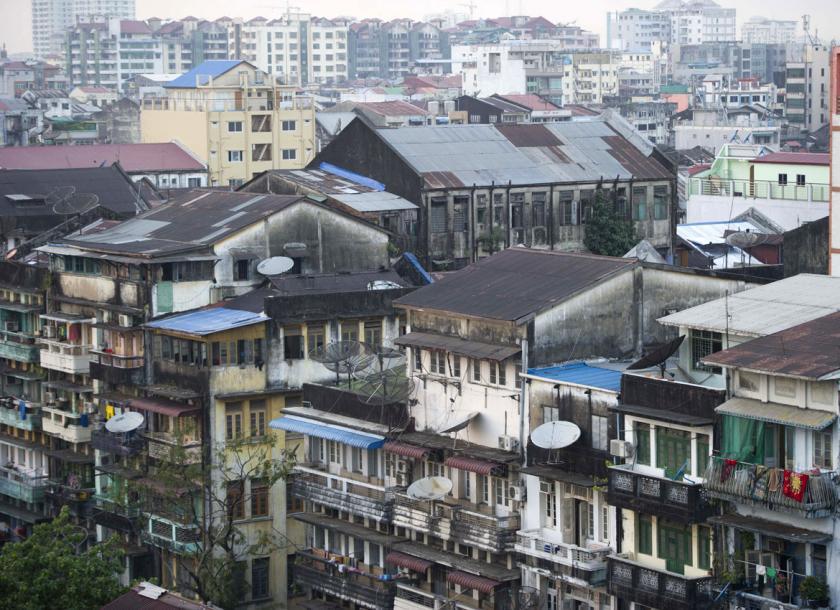Myanmar: FDI needed to maintain price stability in Myanmar property market
After a boom which lasted more than a decade, the property market finally corrected in 2014 as a slew of new housing options came onstream. Since then, development of areas further away from the city center and better road networks connecting people to these new townships have kept prices relatively stable and affordable in Yangon, making it a good time for new buyers to find a bargain in the market
But it is also the right time for the government to build an environment that encourages price stability in the property market over the longer term. This will involve drawing foreign direct investments (FDI) into the local property market.
“During the transition from military to democratic government, foreigners were allowed to invest in the real estate market and property prices catapulted. Now that land prices are controlled and property prices have dropped, the government needs to take action to make sure prices do not shoot up again,” said U Aung Min, a real estate agent at Myat Min Real Estate Agency.
“Additional FDI in the local property market is necessary to build up a constant and controlled supply of housing units to meet demand and keep the sector stable,” he said. More public funds and FDI are also needed to develop basic infrastructure such as roads connecting people to new development areas.
Stable market
Importantly, price stability in the property sector is important for the Myanmar economy. “If property prices are volatile and fluctuate year after year, it affects the economy and the country as many citizens own property as their largest assets,” said U Nay Zin Thu, managing director of iMyanmarHouse.com.
“So, we need property prices to rise gradually over the longer term. Sudden spikes and crashes in the property market can negatively affect the growth of the country when people stop spending,” he added.
U Nay Zin Thu said prices should fluctuate no more than 5pc either way in a year for the market to be stable. “The government should introduce measures in the property market to manage volatility and make sure prices do not rise or fall by too much like what happened in Myanmar between 2000 and 2014,” he said.
The government should control property prices as stability is important for business owners, said U Nay Zin Thu. At the Thilawa Special Economic Zone near Yangon, property prices are already regulated to prevent such fluctuations. “Similar regulations and measures should be implemented throughout the country.”
Buyers’ market
In the meantime, it is still a buyers’ market in Yangon, with supply of choice property units exceeding demand. Many of these properties are located in newly developed townships such as Yankin, Dagon and Okkalapa.
These areas were previously unattractive to buyers due to poor connectivity and proximity to amenities. Now though, demand is rising with the completion of better roads and infrastructure. Units in these ares are also much more spacious and affordable.
“Compared to 2014, this year, property prices have dropped by about 10pc-30pc, depending on the location. In general, prices have been gradually correcting with more supply coming onstream,” said U Nay Zin Thu.
The situation is a little tougher in the rental market though. “On one hand, rental fees for condos have dropped by around K200,000 per unit compared with past years’. It is a good opportunity for people looking for premises in which to start a new business,” said Peak Point Academy’s Ko Myo Lwin, who is looking for a rental unit in downtown Yangon to start providing English courses.
On the other hand, it is still not easy to lock in a stable long-term rental. “In Yangon, it is still hard to rent a property for more than one year. The owners want to raise the rent by at least 5pc after the first year,” he said.
Rental fees have are still holding firm compared to property prices as there are less units available for rent, said U Myat Thin Aung, a tenant at Hlaingthaya Industrial Zone.
“Those who want to buy property can now do so at a lower price. But for those looking to rent office premises, the rentals are still quite high as there is just not enough supply.”
“But if more investments are channeled into constructing new office buildings, rentals will eventually drop as supply rises to meet demand,” he said.
Source: https://www.mmtimes.com/news/fdi-needed-maintain-price-stability-myanmar-property-market.html


 English
English




